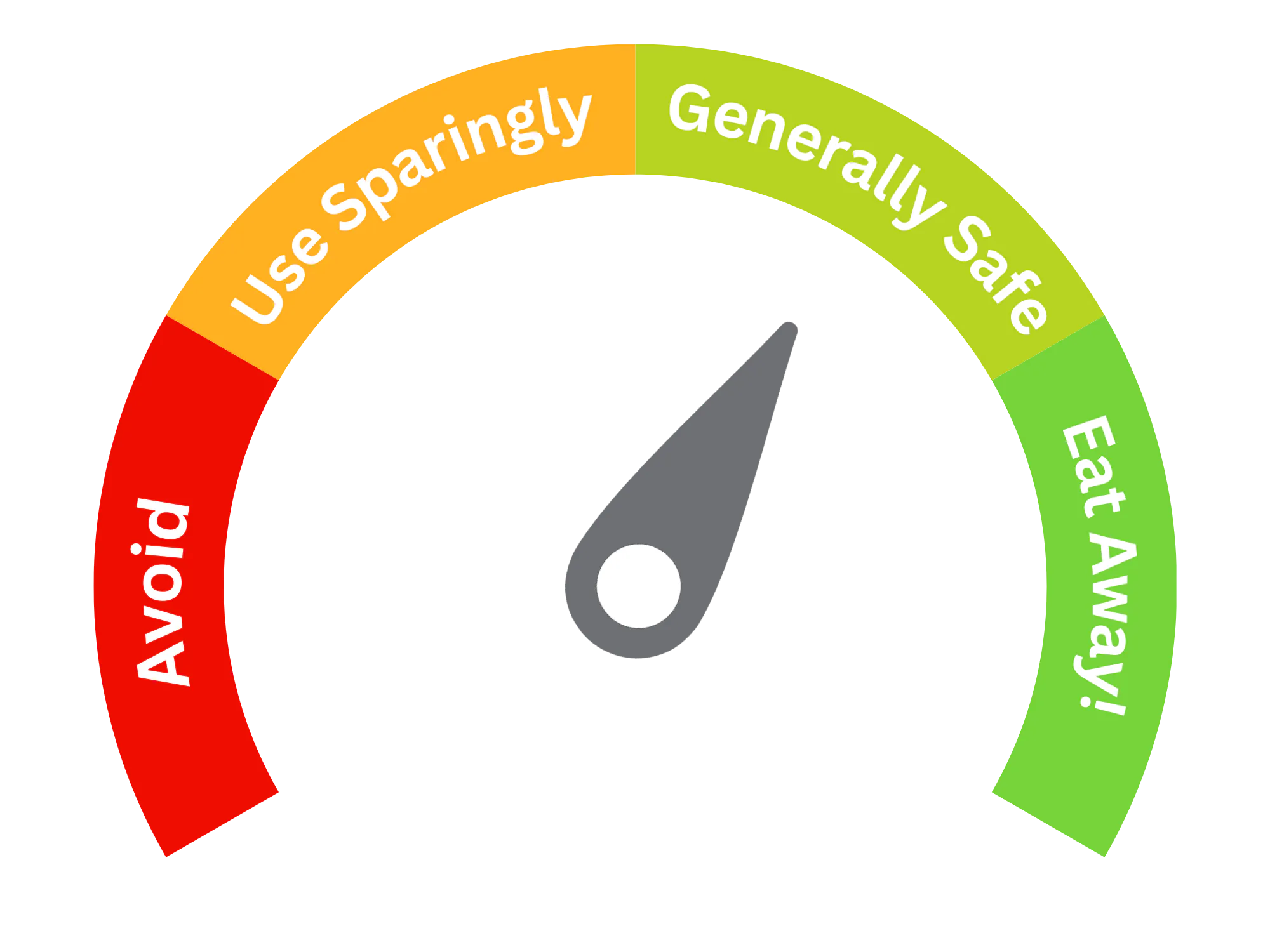Choline Salts (E1001)
| Type of additive (Glossary) | Emulsifiers Stabilizers |
| E Number | E1001 |
| Chemical Formula | [(CH3)3NCH2CH2OH]+ |

Purpose and Function
Choline Salts (E1001) are a group of compounds derived from choline, an essential nutrient that plays a critical role in human health. In the food industry, choline salts are primarily used as emulsifiers and stabilizers, helping to improve texture, consistency, and shelf life in various products. Additionally, they are often added to foods as dietary supplements to boost choline intake, which is vital for brain function, liver health, and cell membrane integrity.
Choline salts are commonly found in products such as:
- Infant Formula: Added to mimic the choline content of breast milk.
- Dietary Supplements: Used to support brain health and liver function.
- Processed Foods: Act as emulsifiers in baked goods, dairy products, and sauces.
- Animal Feed: Widely used to promote growth and health in livestock.
Key functions of Choline Salts in food include:
- Emulsification: Helps mix oil and water-based ingredients in products like salad dressings and mayonnaise.
- Stabilization: Prevents separation and improves texture in processed foods.
- Nutritional Enrichment: Provides essential choline, which supports cognitive function, liver health, and fetal development during pregnancy.
Potential Risks and Side Effects
Potential Risks and Adverse Effects
Choline Salts (E1001) are generally recognized as safe (GRAS) by regulatory agencies such as the U.S. Food and Drug Administration (FDA) and the European Food Safety Authority (EFSA) when used within specified limits. However, excessive consumption of choline salts can lead to potential risks:
- Gastrointestinal Issues: High doses of choline salts may cause gastrointestinal discomfort, including nausea, diarrhea, and vomiting.
- Fishy Body Odor: Excessive choline intake can lead to a condition called trimethylaminuria, where the body emits a fishy odor due to the accumulation of trimethylamine.
- Cardiovascular Risks: Some studies suggest that very high levels of choline, particularly in the form of choline salts, may increase the production of trimethylamine N-oxide (TMAO), a compound linked to an increased risk of cardiovascular disease.
While choline is an essential nutrient, the recommended daily intake should not be exceeded. For adults, the adequate intake (AI) is 425 mg/day for women and 550 mg/day for men. Excessive supplementation or consumption of choline salts should be avoided unless under medical supervision.
